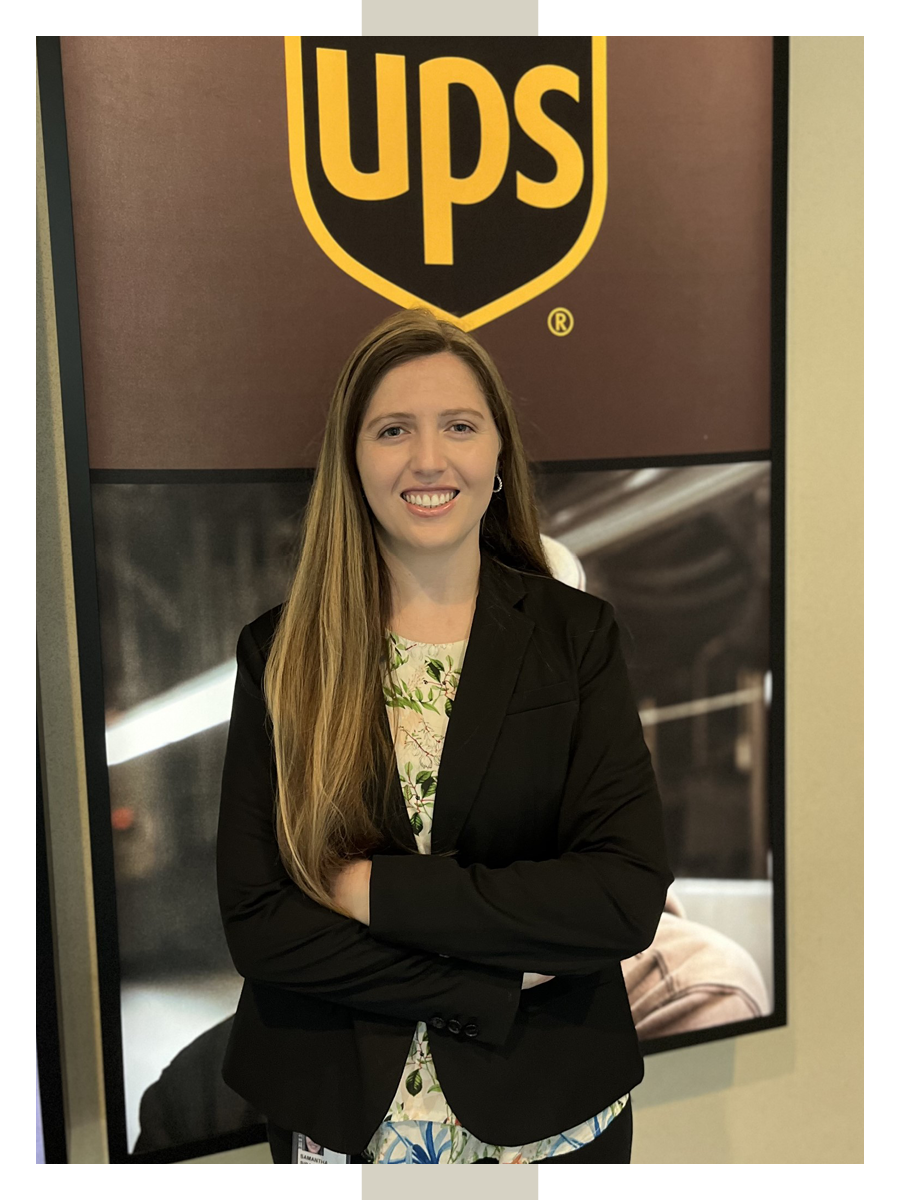
Samantha Siragusa
Sustainability fellow at United Parcel Service (UPS), CAES alumnus Samantha Siragusa is at the forefront of defining a career in global sustainability.

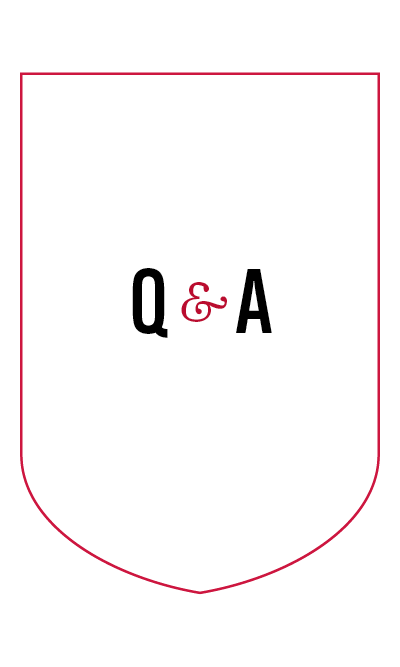
Can you tell me about your academic path — how did you get to your current position?
Growing up, I always knew I wanted to be involved with conserving the environment. The best way I knew to explain what I wanted to do was to tell people I was pursuing a career in environmental sciences. But it was more than that. In my senior year of high school, I finally discovered the term for exactly what I wanted to focus on — sustainability.
When someone says they want to be an accountant, everyone knows exactly what that person will do. When I say I want a career in sustainability, people rarely know what I mean.
When I got to the University of Georgia, I discovered the environmental economics and management major in the College of Agricultural and Environmental Sciences. Although economics was not my favorite subject, I knew it would provide the necessary structure for my future career in sustainability. Whether or not we want to hear it, economics is a significant driver in sustainability-minded decisions and behaviors on both the personal and corporate levels. So I had the foresight to know this subject area would be critical for my career.
I also earned a minor in ecology from the Odum School of Ecology at UGA. After graduation, I stayed to pursue a master’s in natural resources with an emphasis in sustainability from the Warnell School of Forestry and Natural Resources.
How did your education prepare you for a career in sustainability?
During my undergraduate studies, I earned an interdisciplinary certificate in sustainability, which includes courses in the ecological, economic and social spheres of sustainability, a capstone project and a portfolio.
My capstone project for the certificate allowed me to act as a consultant for Athens-Clarke County Waste Management where I helped design and implement composting efforts at the 2019 Athens Twilight Criterium, a road cycling race event that draws hundreds of thousands of people to the city each year.
Being part of that project highlighted for me the positive, synergistic impact of unified management between public and private organizations.
When businesses and communities invest in sustainability together, it leads to more foundational change.
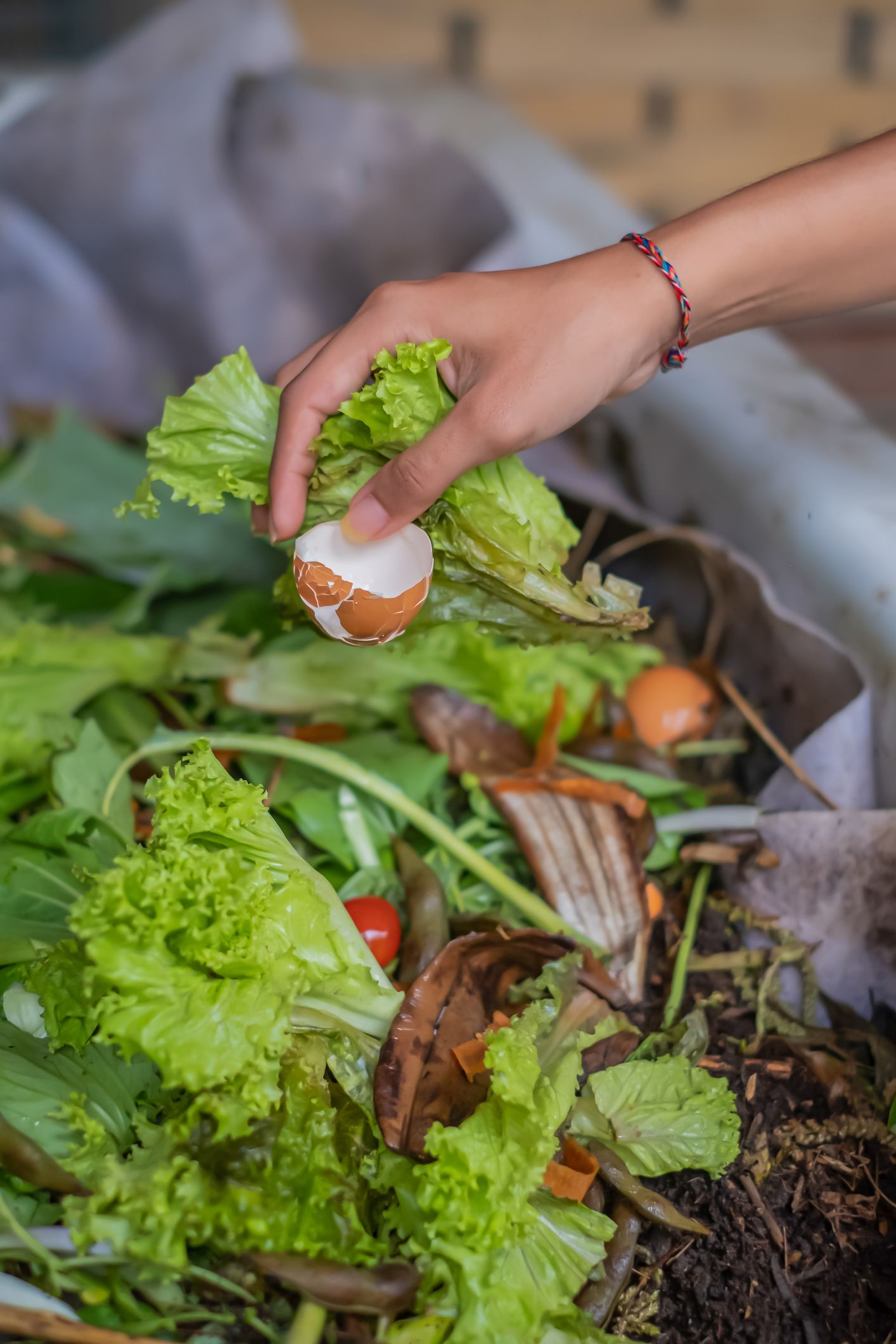
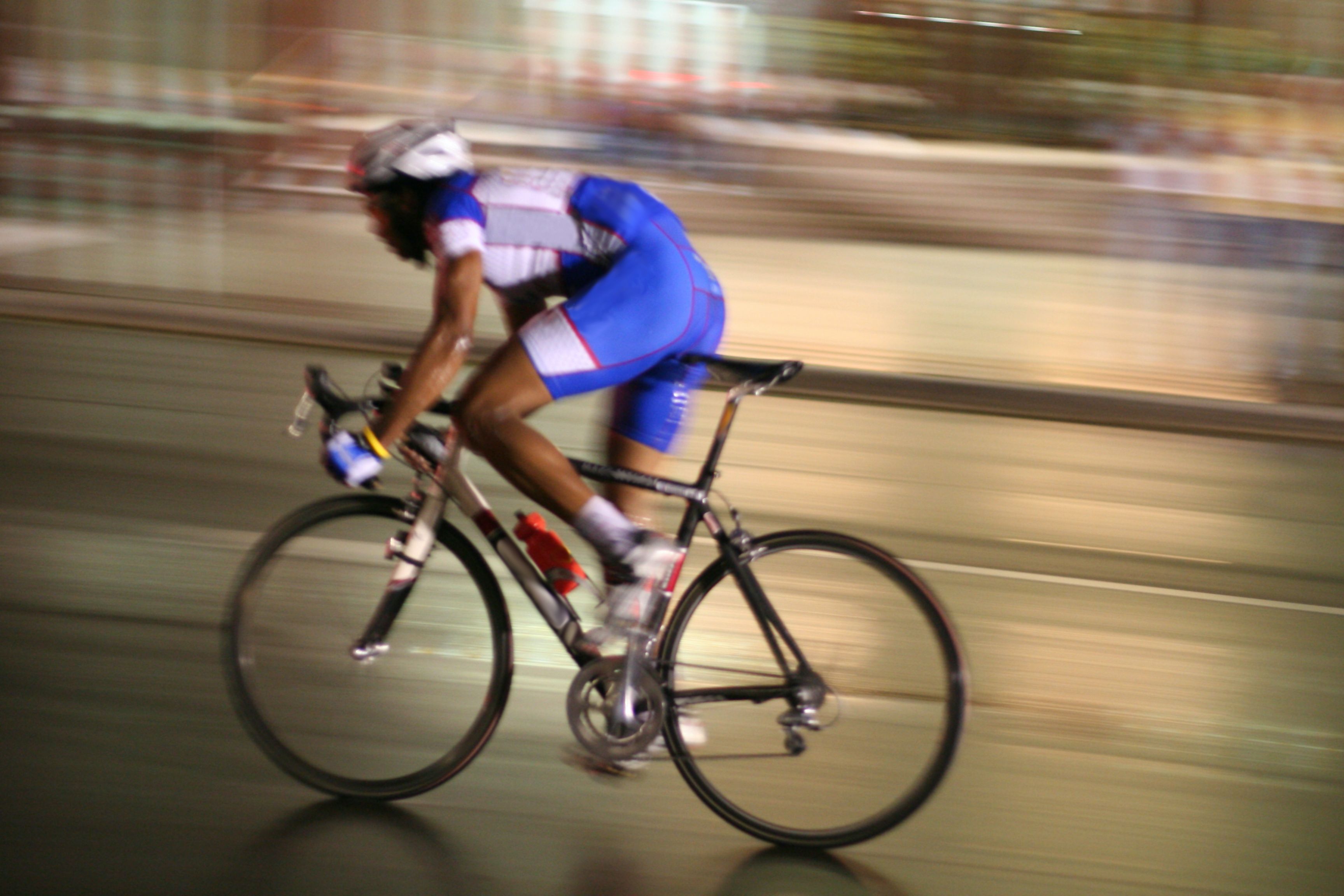
I also interned with the UGA Office of Sustainability, where I was part of the UGA Chew Crew, a student-led effort to restore neglected green spaces on campus to their former glory using goats.
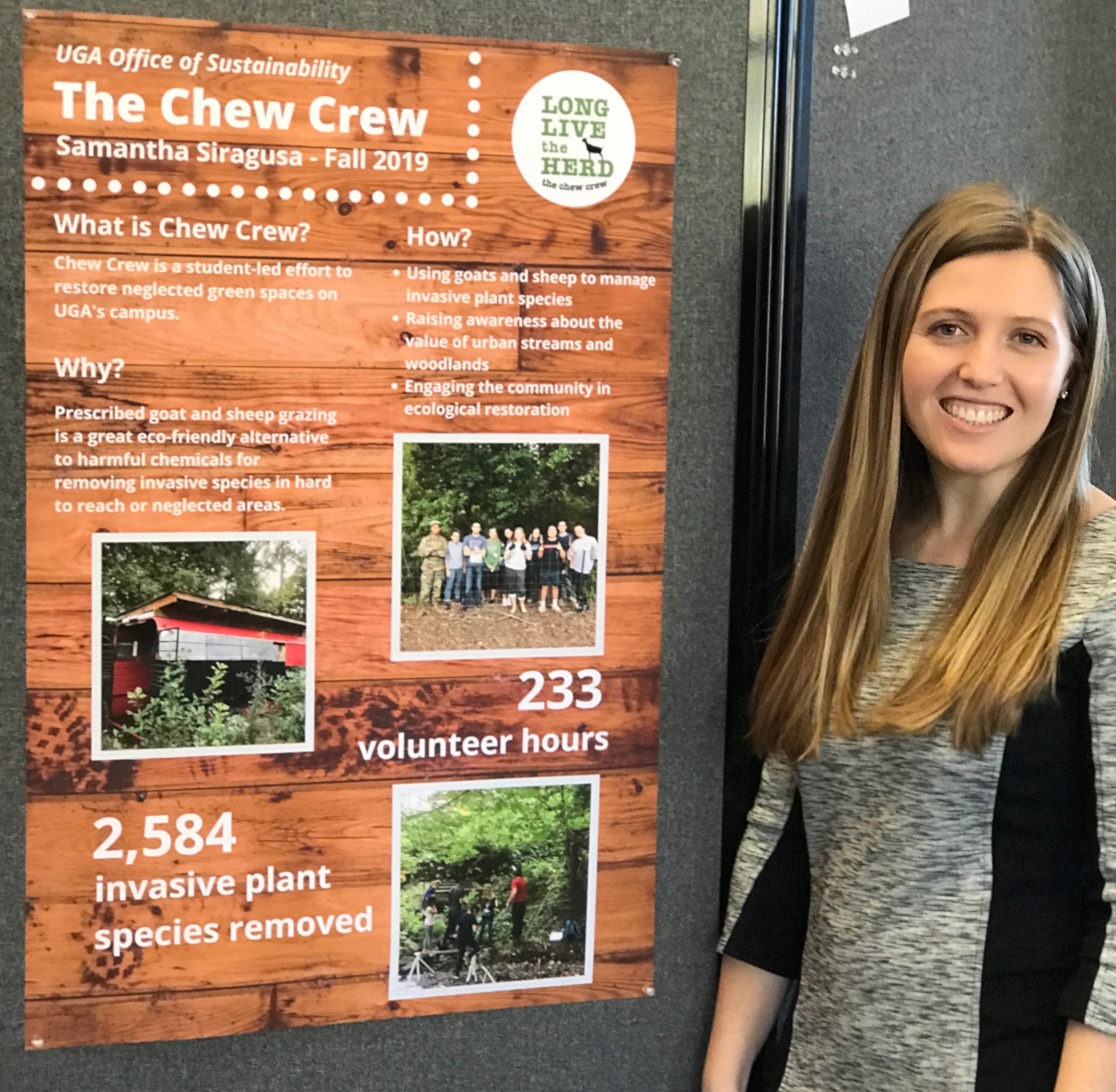
Siragusa worked on the Chew Crew, an initiative in UGA's Office of Sustainability, to use a goat herd to combat the spread of invasive plants.
Siragusa worked on the Chew Crew, an initiative in UGA's Office of Sustainability, to use a goat herd to combat the spread of invasive plants.
The Chew Crew goats eat invasive plants, and then students return to sow seeds of native species in hopes of swinging the ecological balance back in their favor.
Another thing I gained and greatly appreciate is that I was able to graduate with something tangible beyond my degree. During grad school, one of my courses allowed me to earn certificates in a unique program designed for teaching K-12 audiences about aquatic and wildlife ecosystems, called Project WET and Project WILD.
This was incredibly valuable to me because I believe one of the best tools we have in pushing against unsustainable environmental practices is education. The more people understand the science behind the environmental issues we face, the more they are willing to fight for something that affects them personally.
The progress we need to solve the prominent environmental problems of tomorrow begins with educating children who will one day become leaders and change-makers.
What can you tell us about your experience as a sustainability fellow at UPS?
When I was thinking of what a career in sustainability would look like, I knew I wanted to find something that would make the biggest difference possible. A college professor once told me, “Your job doesn't exist yet.”
While the term “sustainability” isn't new, as a career path, these jobs are still in the process of being shaped. The field of sustainability is constantly evolving as we gather more information on our collective impacts and how we can best deal with them.
Increasingly, companies are considering their commitment to sustainability and creating positions to change their trajectory. So these types of jobs are still being developed and redefined as we learn more.
It's likely that the career I have in 20 years doesn't exist today.
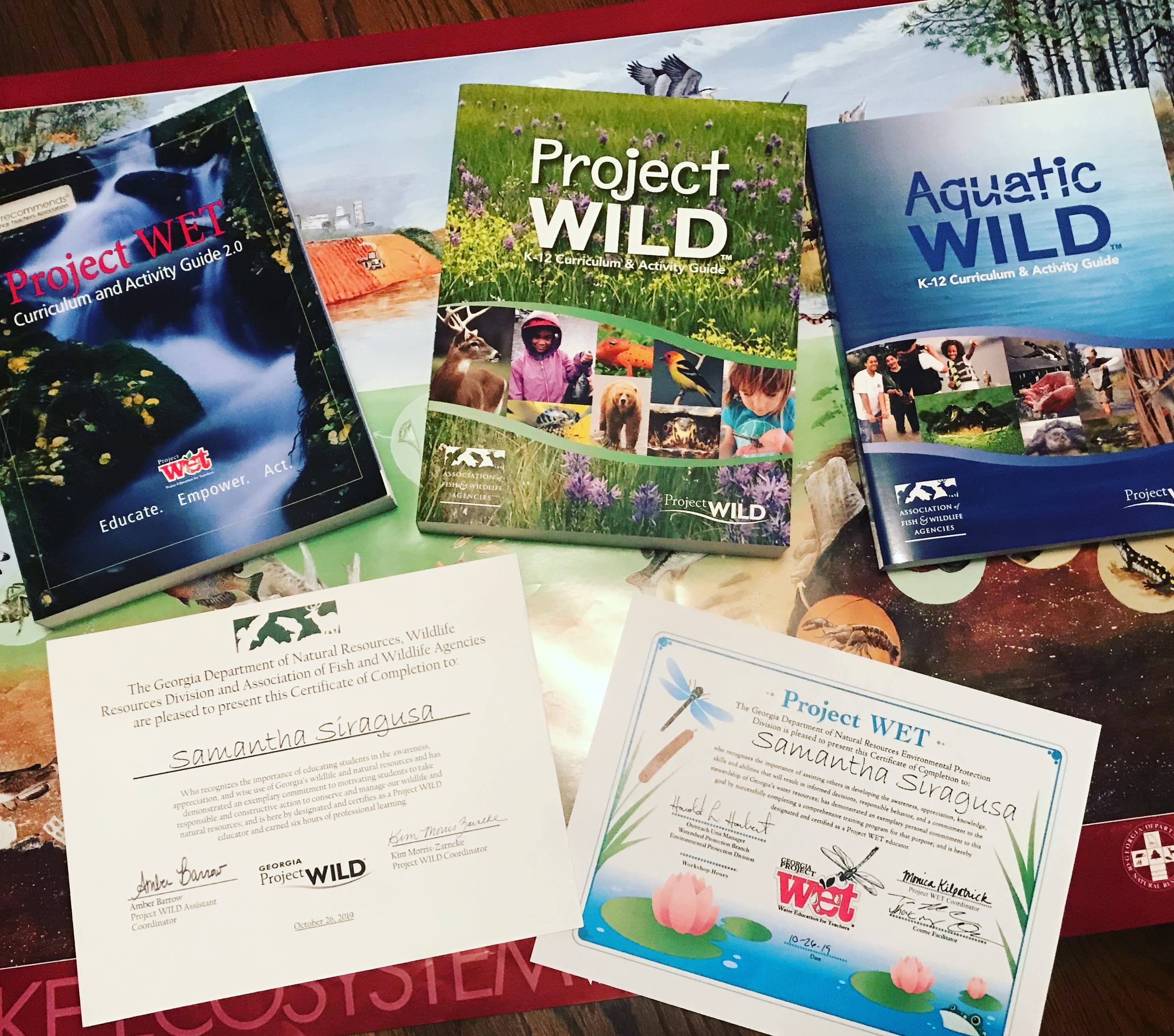
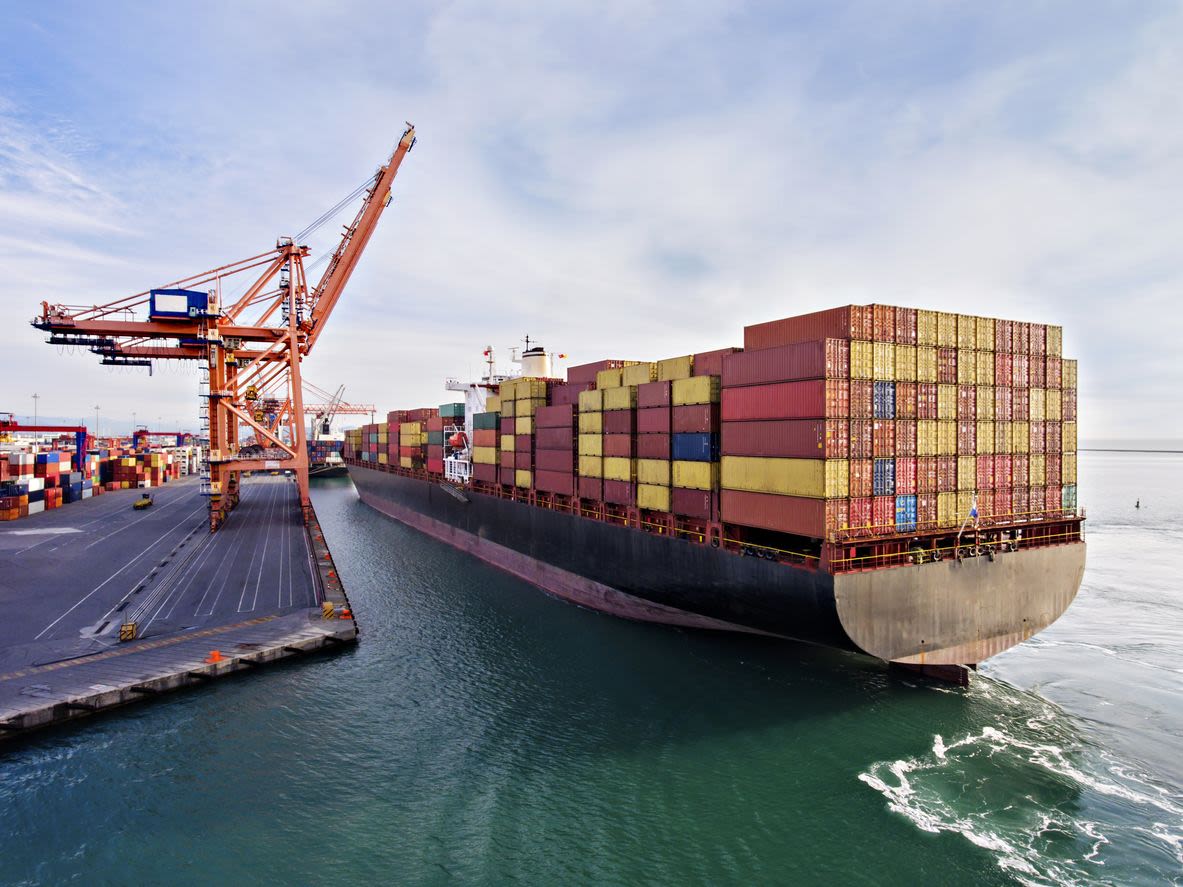
When I started considering what types of jobs do exist and how to match them to my own interests and skills, I felt I could best accomplish that through a career in corporate sustainability.
Corporations are responsible for emitting so much of our global CO2 and have significant impacts on many aspects of nature, ecosystem diversity and greenhouse gas emissions.
I’m specifically interested in the transportation and logistics of these global corporations. Even for companies that aren’t specifically involved in logistics, the transportation side of most companies is the largest emitter of greenhouse gases in terms of the company’s emissions.
The way I think about it is you can’t make progress without first knowing where you are. That requires tracking the data.
This led me to my current role as a sustainability fellow with UPS. As a global company, we’re based in many countries, which have numerous and varying climate requirements. So far, one of my main roles is to assist with the yearly emissions reporting. My team provides all the reports and disclosures required in each country in which we operate. The reports are used to assess the company's progress in reaching its sustainability goals.
Though it's an intense, data-driven job, I'm fortunate to work for one of the largest companies in the world and can say that what I'm doing now is my actual career goal!
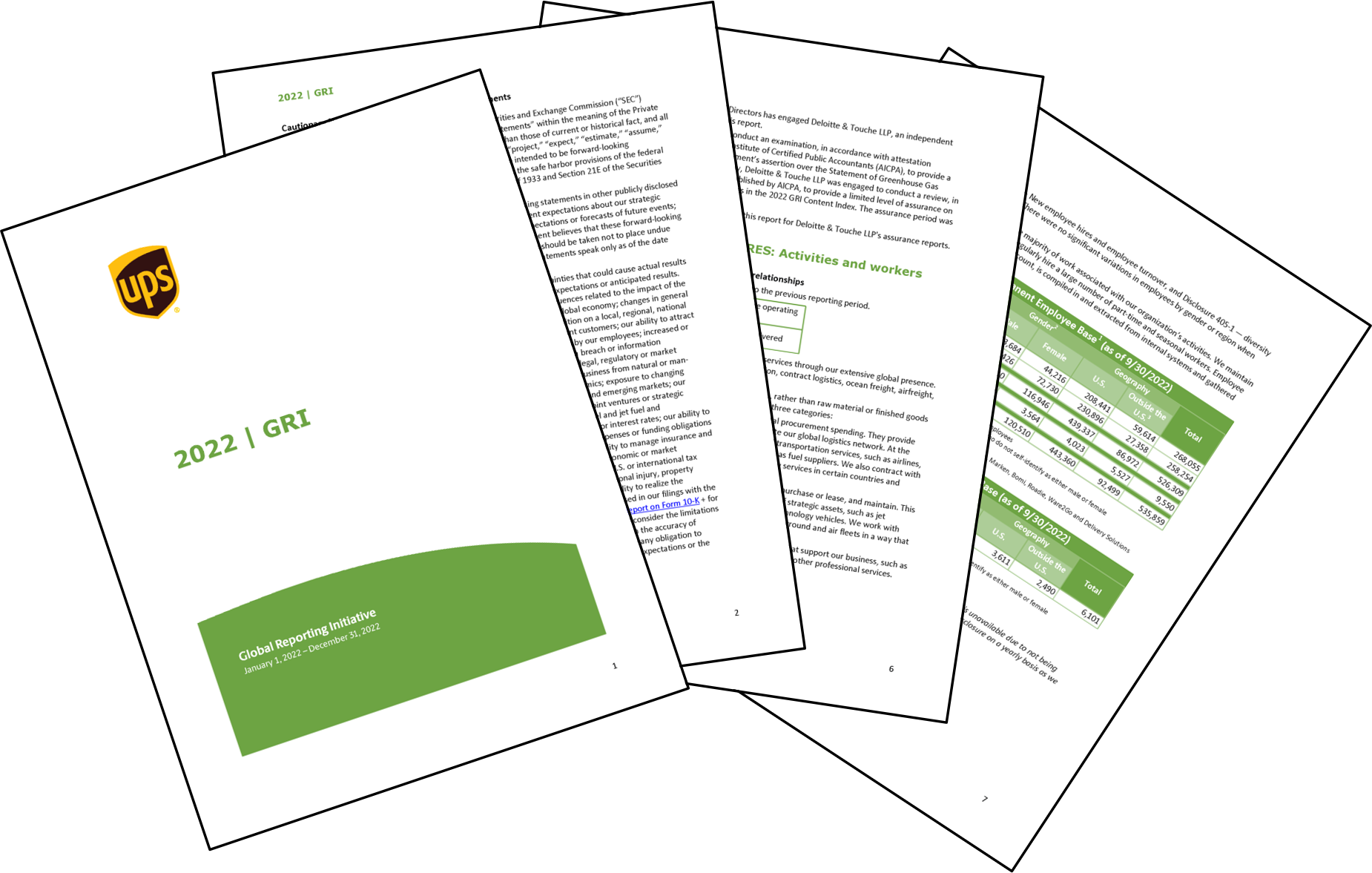
In her first year as a sustainability fellow at UPS, Siragusa collected data across a wide variety of sustainability metrics for every country in which the company operates. She and her team produced the 2022 Global Reporting Initiative (GRI), used to track the company's progress toward sustainability and inform their future initiatives to reach those goals.
In her first year as a sustainability fellow at UPS, Siragusa collected data across a wide variety of sustainability metrics for every country in which the company operates. She and her team produced the 2022 Global Reporting Initiative (GRI), used to track the company's progress toward sustainability and inform their future initiatives to reach those goals.
If you could choose another sustainability-focused career, what would it be?
My passion is for the ocean. I love to snorkel and scuba dive. During my undergraduate studies, I did a study abroad program in Australia. I had always loved the ocean and aquatic life, and in a different life, I think I would have become a marine biologist.
After graduate school, I landed a job at the Georgia Aquarium which is one of the places that originally inspired my passion for the environment as a kid! I worked at the aquarium for two years educating students and adults on the importance of sustainability and conservation efforts while developing new and engaging programming.
I served as co-chair of the Sustainability and Conservation Culture Task Force to improve employee sustainability awareness, knowledge and action.
I still volunteer at the aquarium, so it continues to be a big part of my personal life.
Speaking of your personal life, what do you like to do outside of work? Any hobbies, interests or secret talents?
I have two very different visions of sustainability. In my professional capacity, I love the corporate, grand scale of sustainability. In my personal life, I'm involved on a more granular, simpler level.
I tell people not to put all the responsibility on other people or big corporations — you be the change, you lead the way!
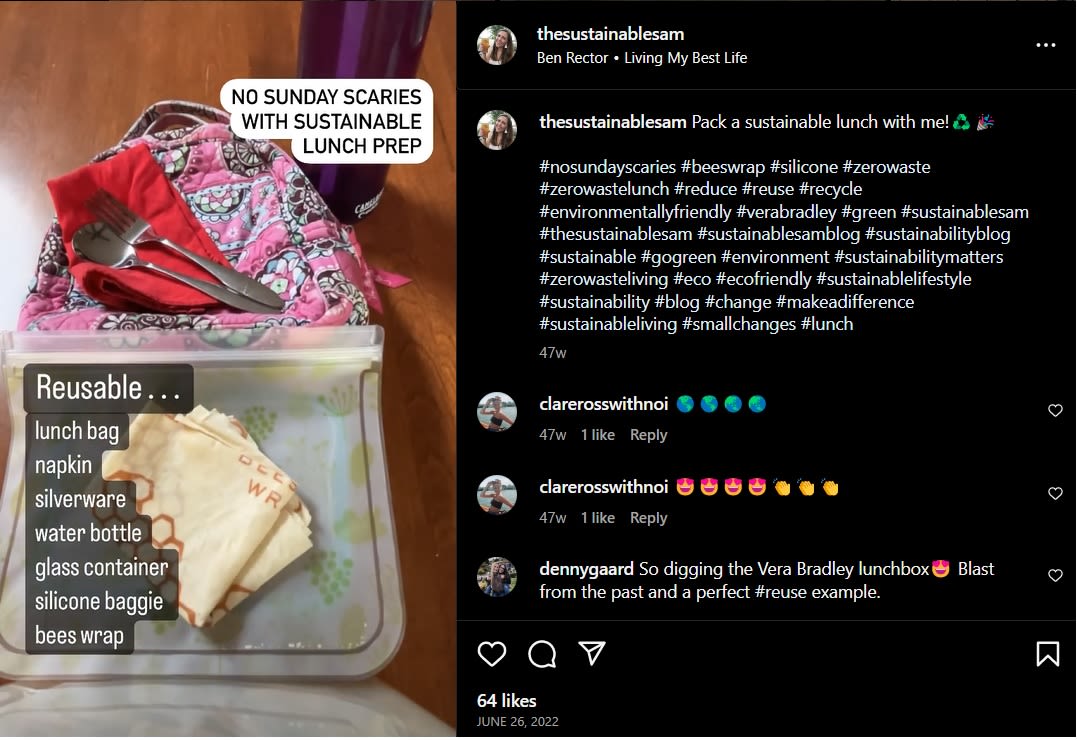
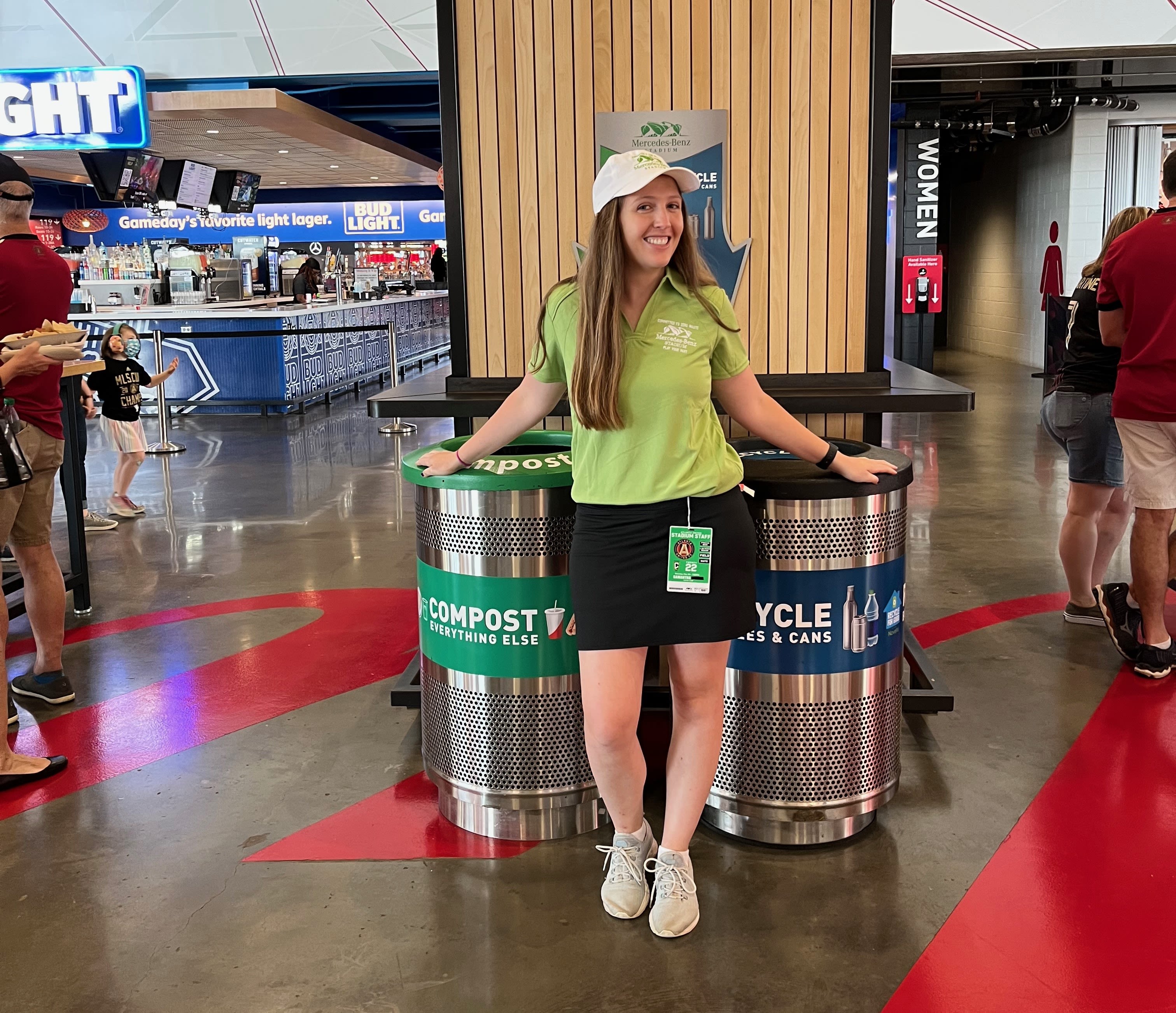

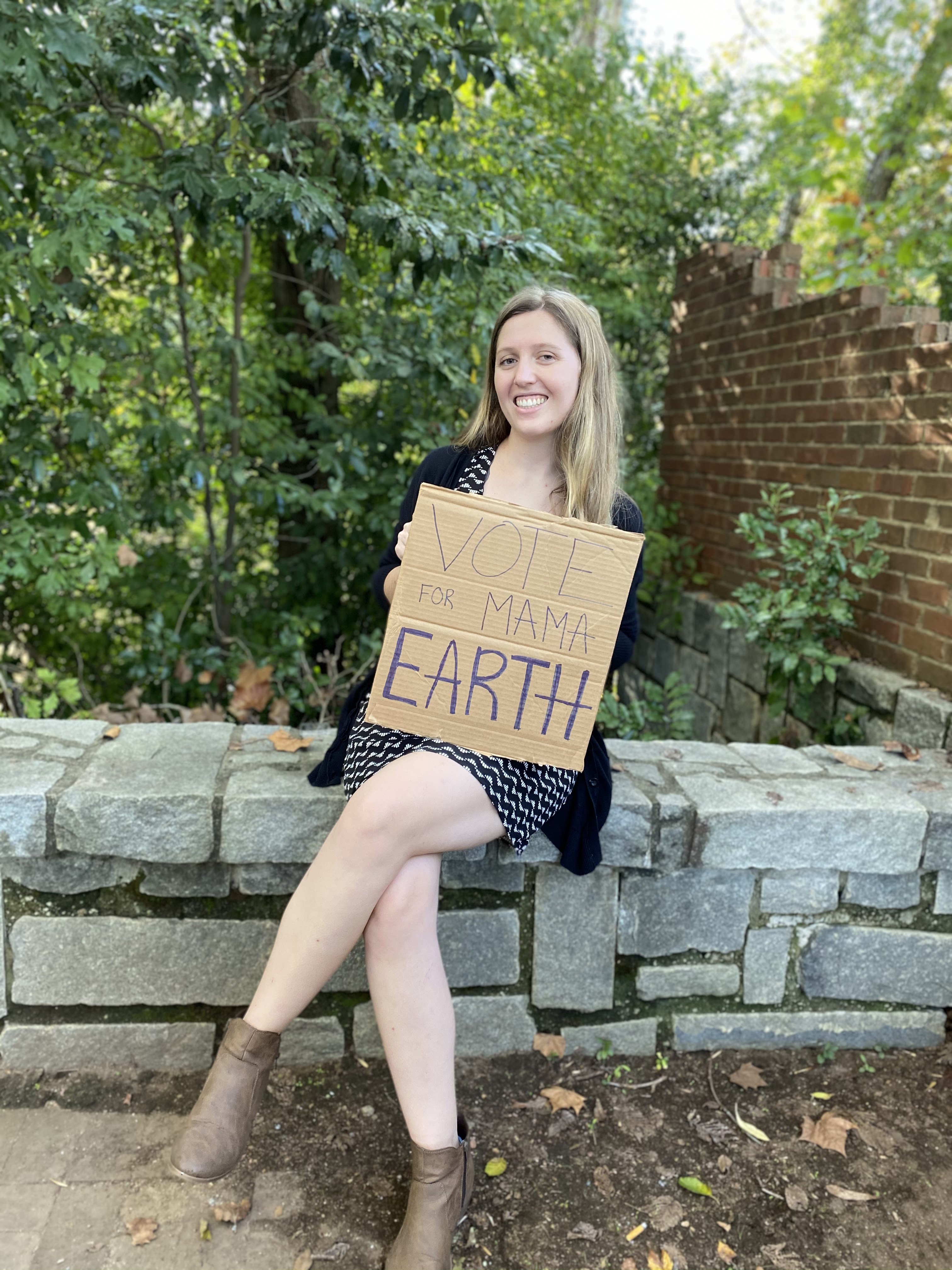

Siragusa uses her Instagram account, @thesustainablesam, to offer tips for making sustainable lifestyle choices.
Siragusa uses her Instagram account, @thesustainablesam, to offer tips for making sustainable lifestyle choices.

Siragusa is active in Atlanta's sustainability community as a city sustainability ambassador and Mercedes-Benz Stadium Green Team volunteer.
Siragusa is active in Atlanta's sustainability community as a city sustainability ambassador and Mercedes-Benz Stadium Green Team volunteer.

Siragusa studied abroad in Australia while earning her degree in the CAES Department of Agricultural and Applied Economics.
Siragusa studied abroad in Australia while earning her degree in the CAES Department of Agricultural and Applied Economics.

At UPS, Siragusa uses data to help reduce emissions and build corporate sustainability.
At UPS, Siragusa uses data to help reduce emissions and build corporate sustainability.
One of my hobbies is to show people how to be more sustainable in their own lives by creating engaging social media campaigns that focus on simple sustainable solutions to everyday decisions we make. There's something so gratifying about sharing these little sustainability hacks with the world as @thesustainablesam, demonstrating how the simple, everyday choices we make add up to big impacts.
I'm also active in Atlanta's sustainability community as a City of Atlanta sustainability ambassador and Mercedes-Benz Stadium Green Team volunteer. I honestly can't wait to see what else is in store for me on this sustainability journey!


